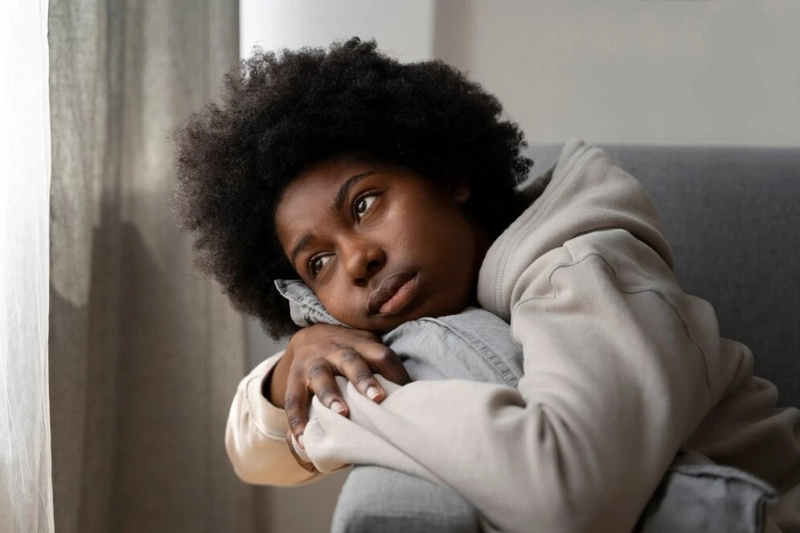Mental health challenges affect individuals across diverse backgrounds, but the experiences of Black women navigating the realm of depression are shaped by a complex interplay of factors. Intersectionality, a term coined by Kimberlé Crenshaw, underscores the importance of considering multiple facets of identity and social categorizations. In this blog, we delve into why intersectionality matters in understanding and addressing the unique challenges faced by Black women dealing with depression.
The Interwoven Struggles
Black women find themselves at the crossroads of race and gender, and the intersection of these identities influences their mental health experiences. Recognizing and appreciating the nuances of these challenges is essential for providing effective support and fostering meaningful change. Here are some key aspects of the unique struggles faced by Black women dealing with depression:
Cultural Expectations and Stereotypes:Black women often contend with cultural expectations and stereotypes that influence their mental health. The "Strong Black Woman" stereotype, while rooted in resilience, can inadvertently contribute to the dismissal of vulnerability, unrealistic expectations, and the reluctance to seek help.Historical Trauma:
The historical context of slavery, discrimination, and systemic racism adds a layer of complexity to the mental health of Black women. The intergenerational impact of historical trauma can manifest in depression and anxiety, creating a unique set of challenges that demand recognition and understanding.Double Minority Status:
Being both Black and female places Black women in a position of double minority status. This intersectionality exposes them to a higher risk of experiencing racial and gender-based discrimination, which can contribute to heightened stressors and increased vulnerability to mental health issues.Microaggressions:
Microaggressions, subtle and often unintentional expressions of racism, are pervasive in the lives of Black women. These daily encounters can accumulate, creating chronic stress that contributes to the development and exacerbation of depression.Stereotype Threat in Mental Healthcare:
Stereotype threat, the fear of confirming negative stereotypes about one's racial or gender group, can influence how Black women engage with mental healthcare. Concerns about being misunderstood or mistreated often lead to hesitancy in seeking professional help. This is why it is essential to work with culturally competent mental health professionals.Healthcare Disparities:
Systemic healthcare disparities, including unequal access to quality mental health services, further compound the challenges faced by Black women. Limited resources, lack of culturally competent care, and financial barriers create additional obstacles to receiving adequate support.
Addressing the Unique Challenges
Understanding and addressing the unique challenges of Black female depression require a comprehensive and intersectional approach. Here are key strategies to consider:
Culturally Competent Mental Health Services:Tailoring mental health services to be culturally competent is crucial. Training healthcare professionals to understand and navigate the cultural nuances of Black women's experiences ensures that they receive personalized and effective care. It is critical that we increase the pipeline of students entering mental health careers in order to meet the growing demand.Community Support and Advocacy:
Establishing community-based support systems and advocacy efforts can provide a network where Black women feel heard and supported. Peer support groups, cultural organizations, and mental health awareness initiatives play a vital role in fostering understanding and solidarity.Breaking Stereotypes:
Challenging stereotypes, such as the "Strong Black Woman" narrative, is essential. Encouraging open discussions that redefine strength, resilience, and vulnerability helps create a more supportive and empathetic environment.Education and Awareness:
Promoting mental health education within the Black community and beyond is critical. By dispelling myths, providing accurate information, and encouraging open dialogue, we can contribute to a more informed and empathetic society.
Conclusion
Intersectionality matters when exploring the unique challenges of Black female depression. By acknowledging the interwoven struggles of race and gender, we can work towards dismantling the barriers that hinder mental health support for Black women. A more inclusive and understanding approach, both within the healthcare system and society at large, is essential for breaking down the stigmas and creating a space where every individual, regardless of their identity, can access the support they need to navigate the complexities of mental health.



